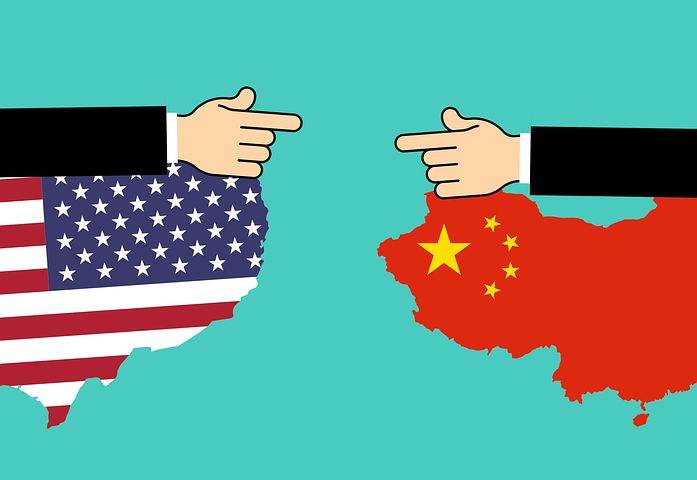 The trade talks between the United States representatives and their Chinese counterparts finished, without signaling any significative progress.
The trade talks between the United States representatives and their Chinese counterparts finished, without signaling any significative progress.
The United States trade chief, Robert Lightizer together with the Treasury Secretary Steven Mnuchin arrived at Shangai this week in order to hold trade talks with the Chinese Vice Premier Liu He and his team. After half a day of negotiations on Wednesday, Lightizer and his team left Shanghai’s Xijiao State Guest Hotel to have a photo session and left for the airport.
No declarations concerning the topic were delivered to the press, though the expectations concerning a possible resolution were already low. In fact, the talks were focused on "goodwill gestures" that are not directly related to the United States demands, such as the acquisition of U.S. agricultural goods by the Chinese, or easing sanctions over Huawei Technologies Co Ltd.
“The two sides discussed increasing purchase of U.S. farm products and the U.S. side agreed to create favorable conditions for it. They will hold future talks,” said Hu Xijin, the editor in chief of a very important state-run tabloid.
The underlying tensions kept relevant during the round of talks, as the U.S. president warned the Chinese against stalling the negotiations, perhaps with the hope of seeing a democratic government coming into power after the upcoming presidential elections. China's foreign ministry spokeswoman disregarded Trump's complaints, adding that it doesn't make sense for the United States to continue with "its campaign of maximum pressure."
“I believe it doesn’t make any sense for the U.S. to exercise its campaign of maximum pressure at this time. It’s pointless to tell others to take medication when you’re the one who is sick,” said Hua Chunying, the foreign ministry spokeswoman.
The United States is demanding China to comply with its requests concerning non-tariff trade barriers and intellectual property issues in order to close the trade gap between both countries. To make it comply with their demands, the U.S. government has put tariffs over Chinese goods, disrupting the global supply chains. Whether they will reach a deal before Trump's current presidential term ends is still not clear.
